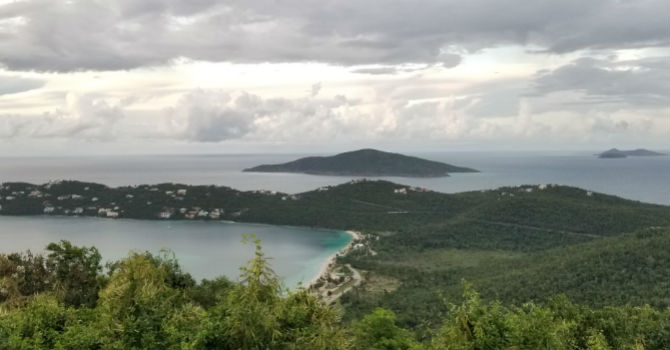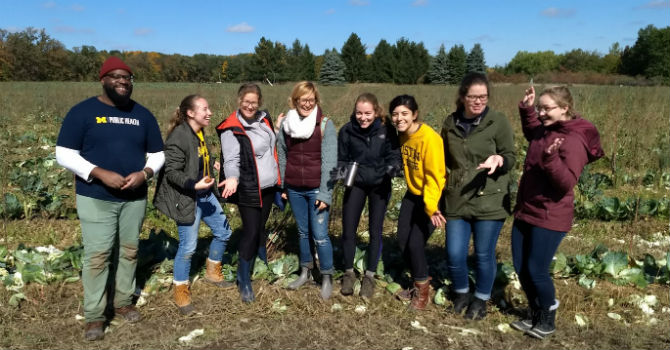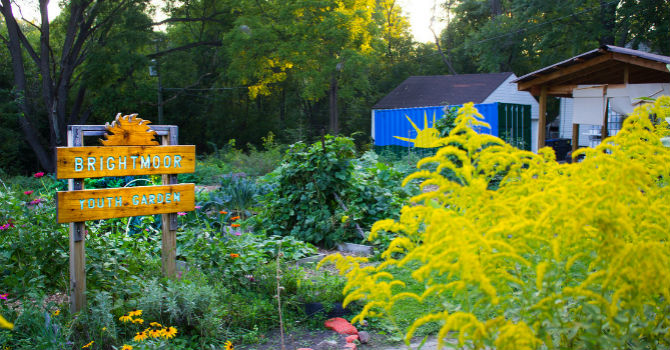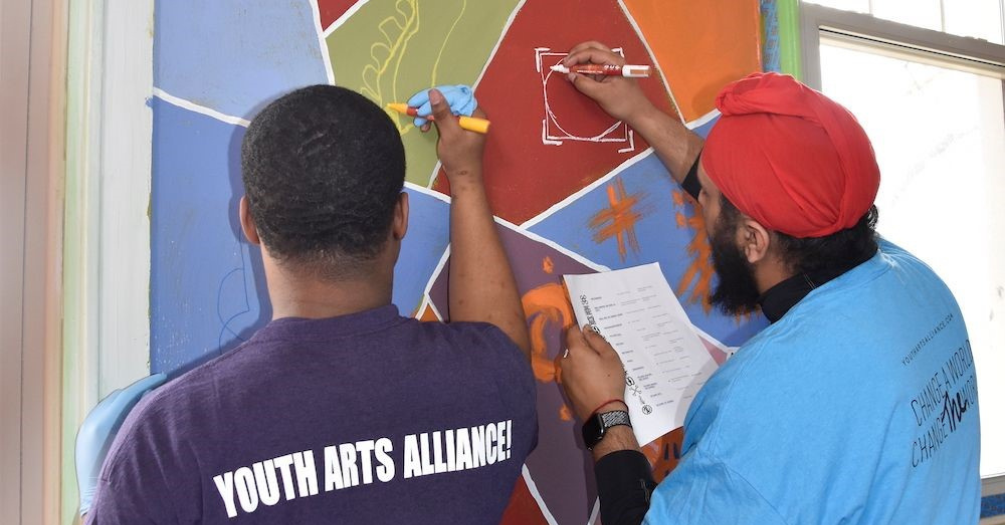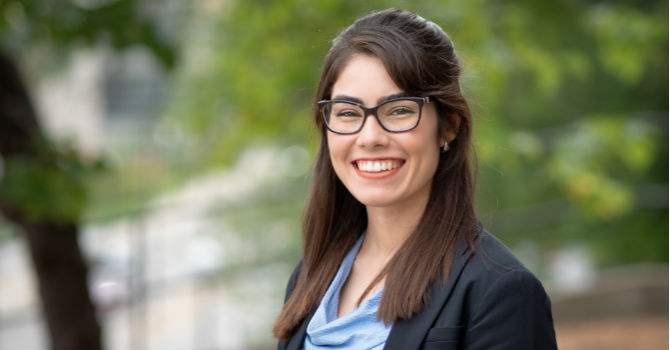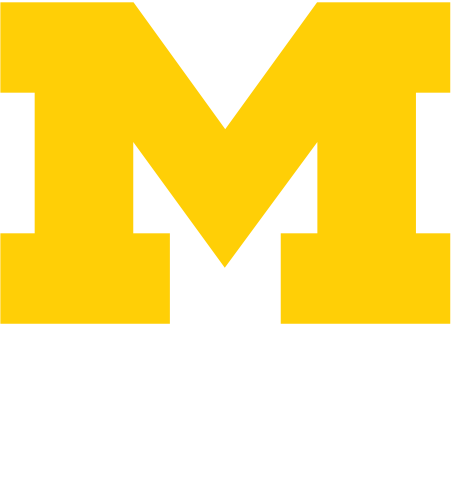Not Just a Data Point
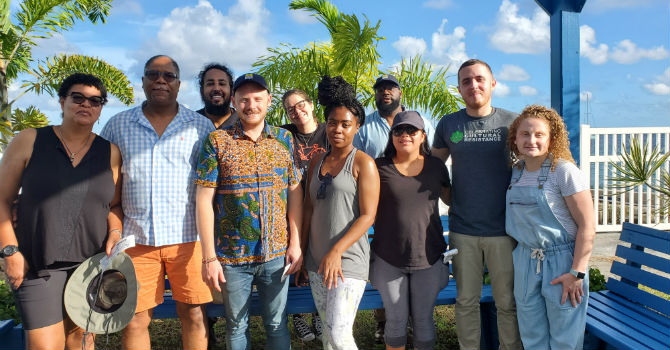
Emily Dejka, Epidemiology Student
November 25, 2019, Community Partnership, Disaster Relief, Practice
Leading up to this deployment, I didn’t have many expectations. I spent the weeks prior trying to get all the schoolwork and errands done that go along with taking a week long trip. However, I feel as though this worked to my favor. If I had thought about it too much, or put too many expectations on what I hoped to get out of the trip, it would have changed my experience and my enjoyment of it. Instead, all I had was an excitement to travel and to get started on the project.
My time in St. Croix and St. Thomas were very different. In St. Croix, though we started with a community partner at first, Cindra and I spent the majority of our time alone. Even when the community partner was with us, she took a more background role. She helped orient us to our cluster and would sometimes call out to homeowners. Though I recognize the importance of a community member when doing this work, in a way it was helpful for Cindra and I to be thrown into the work. We had to do all parts of it (tracking, interviewing, recording, navigating) and couldn’t be timid or rely on others. I think that this helped when we moved to St. Thomas, which I felt posed a greater challenge to complete. In comparison, I had two community partners each day I was in St. Thomas. This was extremely helpful for establishing trust with potential interviewees. My partners would call out, introduce themselves and me, and then I would conduct the actual interview. However, their presence put community members at ease and I wouldn’t have had the same success rate without their help.
Throughout the course of the trip, I learned or reinforced a number of public health skills. One of the most important was how to be flexible in the field. This was especially applicable to when we gave the survey. We talked throughout the week about how, no matter how well informed and valid your questions are, no survey is going to be perfect. After completing the first couple, I found that some questions were harder for participants to understand than others. Because of this, I switched up how I introduced the question in order to get a better level of understanding. This kind of flexibility can be applied to nearly anything one does while in the field.
Another skill that I took away from this experience was not to get bogged down in the group-think mentality. When you have a group like we did, everyone is coming into it with their past experiences and expectations in mind. Since this was a brand new experience for me, I didn’t have much of that to work through. Because of this, I felt myself agreeing to the opinions around me regarding the experience, instead of forming my own. This took some time for me to work through and recognize that my point of view was just as valid as those around me.
I think it’s interesting to consider how this trip influenced how I think about public health and public health practice. One of the struggles I’ve seen again and again since starting this program is how do we get the data necessary to enact change, without treating those affected like just a data point on a page. It’s not something that I have any good answer to. However, I feel as though the CASPER is an interesting tool to try and bring those two together. By using CASPER, we were able to get the pertinent information and also have enough power behind it to do something with it. However, many of us had conversations with participants that went far beyond the questions we were asking (ex: Dana and the gold toothed dog), so I can only hope that this allowed USVI residents to feel heard by us.
Additionally, I learned that as a public health practitioner, you can make connections with those you serve in a variety of ways. After the first two days, I was worried that I was doing something wrong because I wasn’t having lengthy conversations with people I interviewed. This led to a couple good nights of worrying that I shouldn’t have been chosen to go on this trip. However, in St. Thomas I had a small, but reassuring, interaction with one of the participants. We interviewed a young man who was sitting in a chair outside his house. When we first started interviewing him, he seemed uninterested and only answered in one or two word responses. It was also awkward because it felt like we were talking down to him, since we were standing and he was sitting. After a few questions, I decided to sit on the street in front of him so we were on the same level. This made him laugh, and though he wasn’t verbose throughout the rest of the interview, it definitely made him more at ease. It just showed me that we can make these connections in a variety of ways, and that it does matter that you try.
When I finish this program, I want to work somewhere that focuses on community-based participatory research, which was reinforced by my time in St. Croix and St. Thomas. I think that this experience was a good introduction to how this works in real life. I’m excited to see what comes of all the surveys we completed, and how this experience will influence future work.

